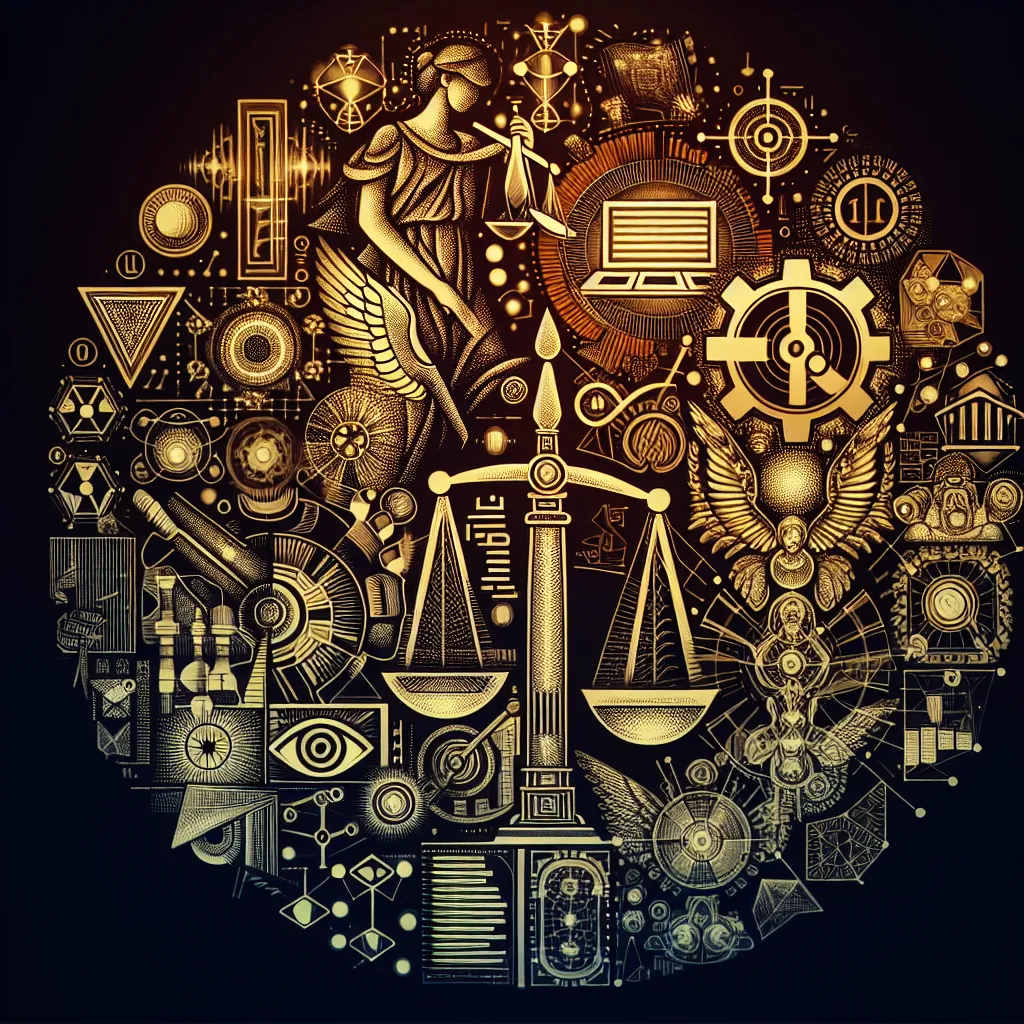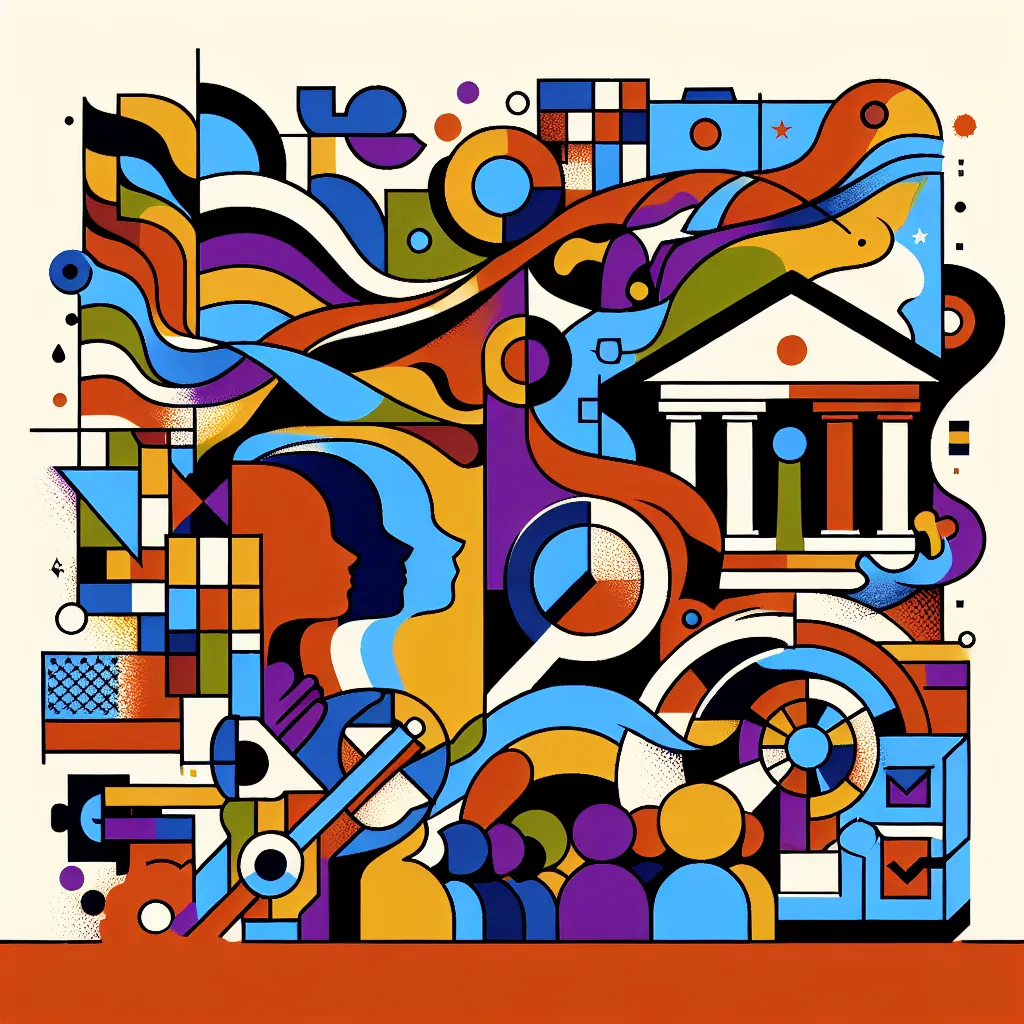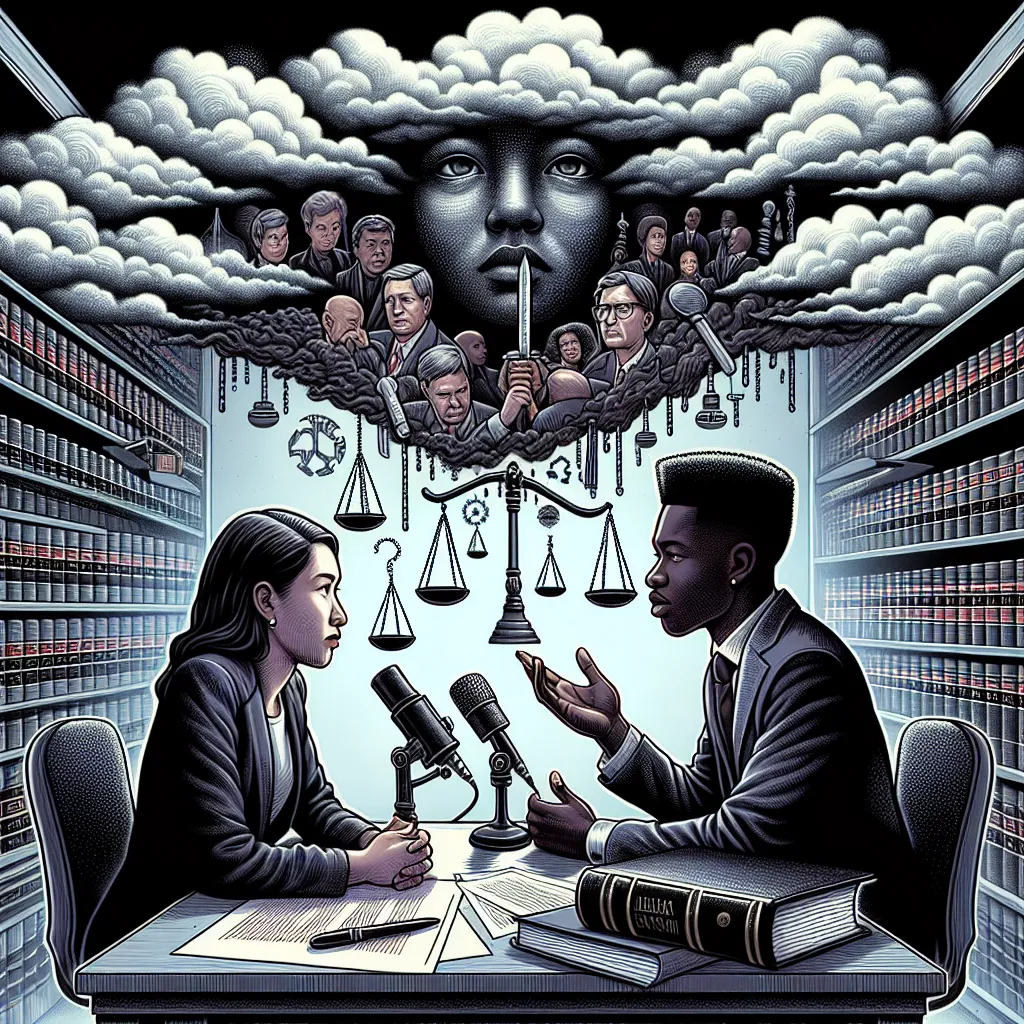Ask AI on The Internet
Question: Let me give another explanation. A law is unjust if it is inflicted on a minority that, as a result of being denied the right to vote, had no part in enacting or devising the law. Who can say that the legislature of Alabama which set up that state’s segregation laws was democratically elected? Throughout Alabama all sorts of devious methods are used to prevent Negroes from becoming registered voters, and there are some counties in which, even though Negroes constitute a majority of the population, not a single Negro is registered. Can any law enacted under such circumstances be considered democratically structured? Sometimes a law is just on its face and unjust in its application. For instance, I have been arrested on a charge of parading without a permit. Now, there is nothing wrong in having an ordinance which requires a permit for a parade. But such an ordinance becomes unjust when it is used to maintain segregation and to deny citizens the First-Amendment privilege of peaceful assembly and protest. Explain what Dr. King means when he says that just laws can be unjust in their application. What is he saying in his examples? How does this support the central idea of his argument?
Dr. Martin Luther King Jr. argues that sometimes laws that appear just on the surface can become unjust in their implementation. He provides the specific example of being arrested for parading without a permit. On its face, the law requiring a permit for a parade is reasonable and just, as it helps maintain public order. However, it becomes unjust when it is used selectively to suppress the First Amendment rights of certain groups, particularly when it is applied in a manner that upholds segregation and prevents peaceful assembly and protest by minorities. By highlighting this example, Dr. King underscores that the mere existence of a law that seems just does not guarantee that its enforcement will also be just. The real test of justice is in how the law is applied and whether it is used as a tool for fairness or for discrimination. This concept supports the central idea of Dr. King's argument about the distinction between just and unjust laws. He emphasizes that the legitimacy of a law is not solely based on its text but also on its application. A truly democratic society must ensure that all citizens have an equal say in creating laws and that these laws are enforced equitably. Dr. King's argument challenges the integrity of laws and their application in a system where minorities are systematically excluded from participating in the democratic process, as was the case in Alabama where discriminatory practices prevented African Americans from registering to vote. Overall, Dr. King’s examples illustrate that the struggle for civil rights involves not just changing the laws but also changing the systems and practices that enforce those laws in ways that perpetuate injustice.
Think your answer is better than the AI's? Post it below.
Other Most Relevant Posts:
 In the first paragraph, Douglass expresses reluctance to disclose the identities of the white boys who helped him learn to read, deeming it as "an almost unpardonable offense." He further adds a perso
In the first paragraph, Douglass expresses reluctance to disclose the identities of the white boys who helped him learn to read, deeming it as "an almost unpardonable offense." He further adds a perso
Question Tags
If you want your question answered by an AI, click here.






Post your own comment: